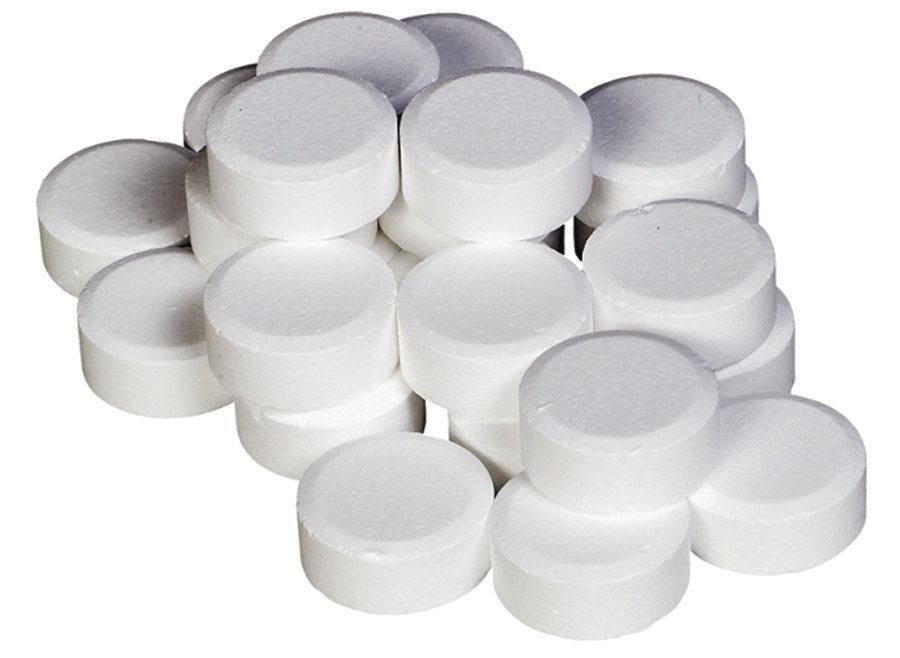U.S. agencies are investigating allegations of market-distorting imports of chlorinated isocyanurates from China and Japan.
Occidental Chemical Corp. and Clearon Corp., based in Dallas, Texas, and South Charleston, W. Va., respectively, filed a petition with the Department of Commerce and International Trade Commission alleging chlorine compounds from China are unfairly subsidized, while those from Japan are being sold at a less-than-fair value.
That’s why U.S. agencies are now conducting what’s called a countervailing duty investigation to determine if Chinese manufacturers are being aided by foreign governments. Subsidies can be “contingent either upon export performance or upon the use of domestic goods over imported goods,” according to the Department of Commerce.
The antidumping duty investigation into Japan, meanwhile, will determine if there is a price disparity between Japanese and domestic products.
Imports from these foreign markets have more than doubled in the single year between 2011 and 2012, the petition states. The manufacturers are requesting that the government intervene by imposing duties to level the playing field.
Clearon temporarily shut down its tableting and packaging facility in August, citing poor market conditions made worse by a glut of foreign products, according to the Charleston Daily Mail.
This isn’t the first time U.S.-based chemical manufacturers have confronted overseas competition. Clearon and BioLab charged in 2004 that China and Spain were dumping unfairly priced products on the U.S. market. As a result, ITC ruled in favor of issuing tariffs on China-made chlorinated isos. In 1984, St. Louis-based Monsanto Industrial Chemicals swayed the government to impose an antidumping order on chlorine derivatives from Japan, though the order was later revoked in 1995.
Charlotte Lane, Charleston lawyer and congressional candidate, was serving as one of six ITC commissioners at the time. She said these rulings can help homegrown manufacturers compete with foreign undercutters. “We found that the products coming in from China were injuring the U.S. industry and that the tariffs were substantially responsible for the [Clearon] plant being able to stay in business and keep its workers employed,” Lane said.
Despite the antidumping order, imports from China have continued to gain market share, allegedly because some of the major Chinese producers of chlorinated isos have an unfair advantage of being state-operated enterprises or receive some form of government subsidy.
In 2012, Japan and China’s chlorinated isos imports were valued at about $57.7 million and $145.2 million, respectively, according to Commerce.
The petition states that Occidental and Clearon account for more than 75 percent of domestic production of the item.
If ITC finds that the imports are hindering domestic industry, the Department of Commerce will make its preliminary determinations on China’s alleged subsidies in November 2013 and Japan’s alleged dumping in February 2014 — though those dates could be postponed by the government shutdown.




